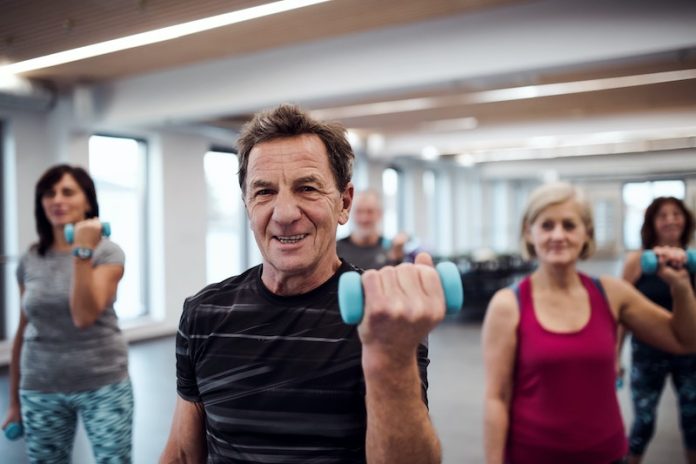
Did you ever think that working up a sweat before going under the knife could help you bounce back faster?
Well, a new study from the University of Otago says it can!
And it’s not just any exercise, but a specific kind called high-intensity interval training (HIIT). Policymakers are being encouraged to pay attention to these findings.
What the Study Did
This study, published in the journal Surgery, looked at 12 other studies that involved 832 patients. These patients did some HIIT before they had surgery.
HIIT is a type of workout where you do hard exercises that make your heart beat very fast, then you rest a bit, and then you do it again.
The research team, led by Dr. Kari Clifford, included different types of big surgeries that last more than two hours or lose more than 500ml of blood.
These included surgeries on the liver, lung, and other big belly operations. The average age of the people in the study was around 66 to 67 years old.
The Exercise Effect
What they found was pretty exciting. Dr. Clifford said that HIIT is safe and good for people getting ready for surgery.
A four to six-week HIIT program can help patients recover faster and leave the hospital sooner after their operation.
The biggest change was seen in something called cardiorespiratory fitness (CRF). This is a fancy way of saying how well our body uses the oxygen we breathe in when we’re doing a long workout.
The patients who did HIIT before surgery had a 2.39 ml/min/kg increase in CRF. This means they had a lower risk of problems after surgery.
Fewer Complications
Usually, about 30% of people have some problems after their operation. For people who are not very strong, this can go up to 50%.
But those who did the HIIT before their surgery had fewer problems like heart issues, lung infections, and tummy troubles.
The study showed that HIIT can lower the risk of these problems by 56%. That’s a lot! Plus, people who did HIIT stayed in the hospital for three fewer days on average.
The Future of Pre-Op Fitness
Dr. Clifford thinks that even a short time, like four weeks, of HIIT before surgery could make a big difference for patients. The next step is to figure out the best way to get people to do these exercises.
Even though having an exercise coach can be costly, Dr. Clifford believes it could save money in the long run by making hospital stays shorter and reducing problems after surgery.
Meanwhile, she encourages everyone to get moving because improving fitness can make a big difference in how well we recover from surgery.
If you care about wellness, please read studies about exercise that are vital to improving longevity in older people, and this dieting method could help increase longevity.
For more information about wellness, please see recent studies about vaccines that can block COVID-19 and variants, plus other coronaviruses, and results showing this type of exercise may slow down bone aging.
The study was published in Surgery. Follow us on Twitter for more articles about this topic.
Copyright © 2023 Knowridge Science Report. All rights reserved.



